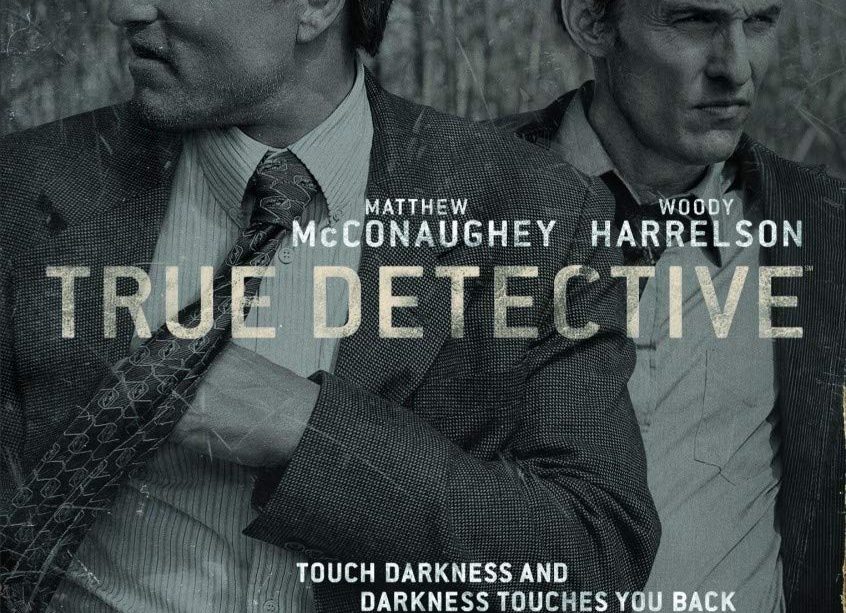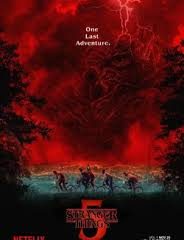True Detective: A Deep Dive into its Narrative Brilliance

Introduction
The critically acclaimed anthology series True Detective, created by Nic Pizzolatto, has made a significant mark on modern television with its unique storytelling and character-driven narratives. Premiering on HBO in 2014, the series has captivated audiences with its dark themes, complex characters, and thought-provoking plots. The show’s relevance continues to resonate today, particularly as viewers seek deep psychological explorations within the crime drama genre.
Innovative Storytelling
Each season of True Detective features a new storyline and a fresh cast, allowing for innovation and creative freedom. The first season, starring Matthew McConaughey and Woody Harrelson, followed two Louisiana State Police detectives embroiled in a twisted murder investigation that transcends time and personal issues. Its intricate narrative structure, which intersected different timelines, was pivotal in challenging conventional storytelling in crime dramas.
The subsequent seasons introduced diverse themes and characters: the second season explored the dark underbelly of California’s construction and land use, while the third season focused on a haunting case of two missing children in the Ozarks, reflecting the series’ ability to explore varied landscapes and human experiences.
Character Depth and Development
One of the hallmarks of True Detective is its focus on character development. Each character, portrayed by high-profile actors, is multi-dimensional and flawed, bringing a sense of realism to their struggles with morality, addiction, and existential dread. The show has often been acclaimed for its ability to delve into the psychological complexities of its protagonists, leading to intense viewer engagement.
Cultural Impact and Reception
Since its debut, True Detective has received numerous awards and nominations, including multiple Emmy wins and Golden Globe Awards. Its dialogue and philosophical metaphors have permeated popular culture, often quoted or referenced in discussions around the human condition and moral dilemmas. The show’s influence extends beyond mere entertainment; it has sparked conversations about criminal psychology, philosophy, and societal issues.
Conclusion
As True Detective continues to evolve and potentially introduce new seasons, it remains a poignant part of the television landscape. With its narrative sophistication and profound character studies, the series underlines the importance of storytelling in understanding the complex nature of humanity. Looking ahead, fans and critics alike can anticipate that future installments will continue to push the boundaries of the genre, making True Detective essential viewing for anyone interested in the darker aspects of human existence.









